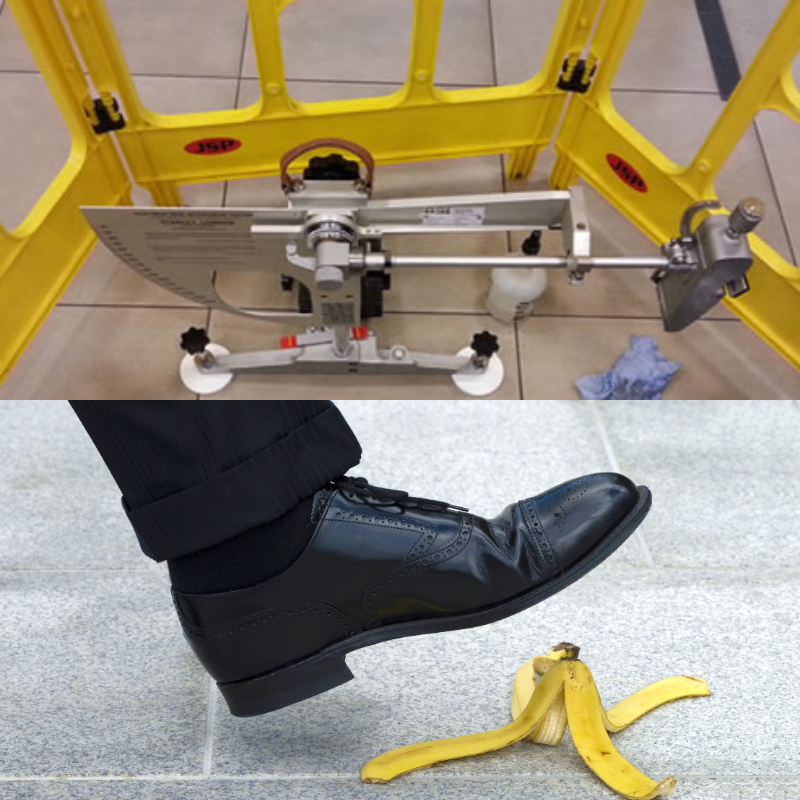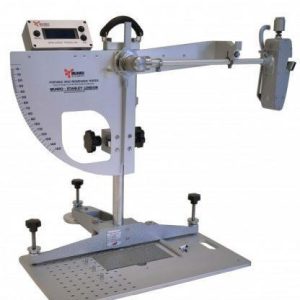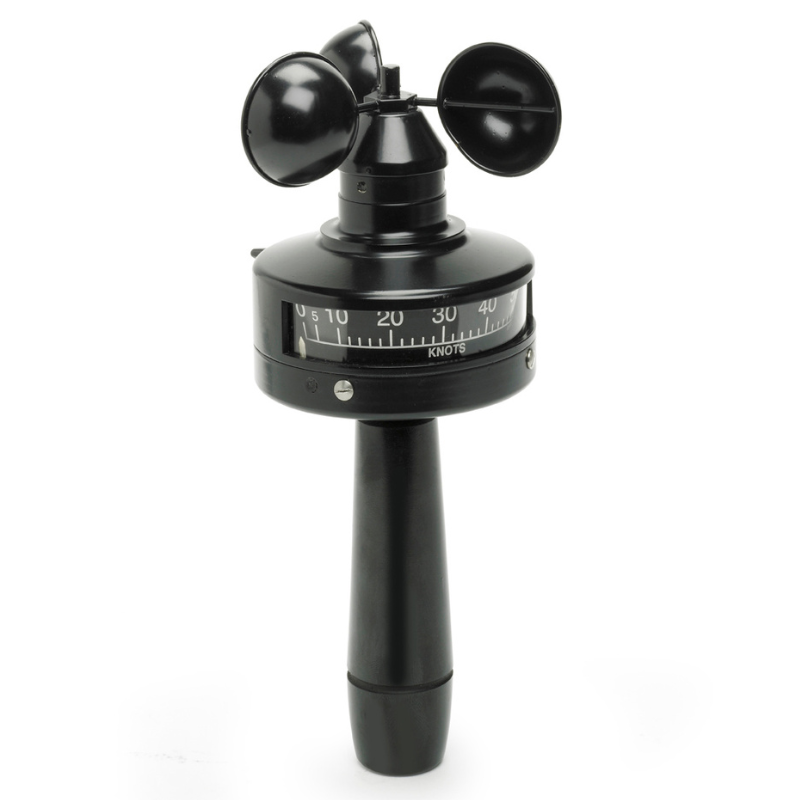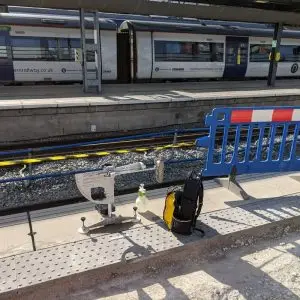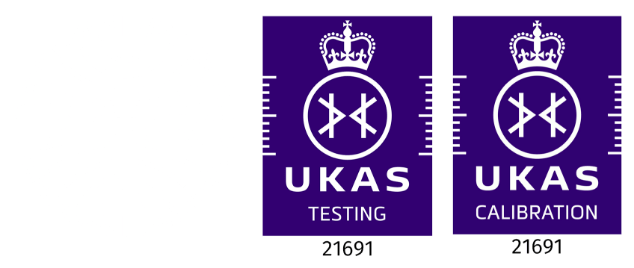Slipping hazards in public places are a significant concern in the UK. With bustling streets, busy shops, and various public venues, ensuring safety is paramount. Understanding the legal framework surrounding these hazards helps in promoting safety and providing recourse for those affected by accidents.
Understanding Slipping Hazards
Common Causes of Slipping
Slipping hazards can arise from various factors. Recognizing these causes is the first step in prevention.
Weather-related hazards
Rain, snow, and ice are primary contributors to slippery surfaces. Wet floors in entryways or icy sidewalks can become treacherous if not properly managed.
Poor maintenance
Unattended spills, uneven flooring, and neglected repairs create hazards. Regular checks and maintenance are crucial to mitigate these risks.
Inadequate lighting
Dimly lit areas obscure potential dangers, increasing the likelihood of slips. Ensuring proper lighting in public spaces is essential for safety.
Impact of Slipping Accidents
Physical injuries
Slipping can result in severe injuries such as fractures, sprains, and head trauma. These injuries often require medical attention and can have long-lasting effects.
Emotional and financial consequences
Beyond physical harm, victims may face emotional distress and financial burdens from medical bills and lost wages. Addressing these consequences is part of the legal and support systems in place.
Legal Framework in the UK
Health and Safety at Work Act 1974
The cornerstone of UK health and safety legislation, this act outlines the responsibilities of both employers and employees in maintaining safe environments.
Duties of employers
Employers must ensure the safety of their employees and the public by conducting risk assessments and implementing safety measures.
Duties of employees
Employees are also responsible for their own safety and that of others by adhering to safety protocols and reporting hazards.
Occupiers’ Liability Act 1957 and 1984
These acts specify the obligations of property owners towards visitors.
Responsibilities of property owners
Owners must take reasonable steps to ensure their premises are safe for visitors, addressing potential hazards promptly.
Rights of visitors
Visitors have the right to expect a reasonable level of safety and can seek legal recourse if injured due to negligence.
Preventive Measures
Risk Assessments
Conducting regular risk assessments helps identify potential hazards and implement control measures.
Identifying potential hazards
Assessments should cover all areas accessible to the public, highlighting spots prone to slipping risks.
Implementing control measures
Control measures might include installing non-slip mats, improving drainage, and applying anti-slip treatments to floors.
Regular Maintenance
Routine maintenance is critical in preventing slipping accidents.
Cleaning protocols
Establishing stringent cleaning schedules ensures spills are promptly addressed, and surfaces remain safe.
Repairing damaged surfaces
Quickly fixing cracks, potholes, and other surface damages reduces tripping and slipping risks.
Public Awareness Campaigns
Raising public awareness about slipping hazards can significantly reduce accidents.
Educational initiatives
Programs educating the public about safety practices, such as wearing appropriate footwear in adverse weather, are beneficial.
Signage and warnings
Clear signage indicating slippery areas or ongoing maintenance work helps alert the public to potential dangers.
Reporting and Responding to Incidents
Procedures for Reporting
Knowing how and where to report slipping hazards or incidents is vital for timely action.
Who to report to
Reports should be made to the property owner, local council, or relevant authority overseeing the area.
Information to include in reports
Detailed reports should include the location, time, nature of the hazard, and any injuries sustained.
Legal Recourse for Victims
Victims of slipping accidents have several legal options for seeking compensation.
Compensation claims
Injured parties can file claims for compensation covering medical expenses, lost wages, and other related costs.
Legal assistance
Obtaining legal assistance ensures victims understand their rights and navigate the complexities of the claims process.

